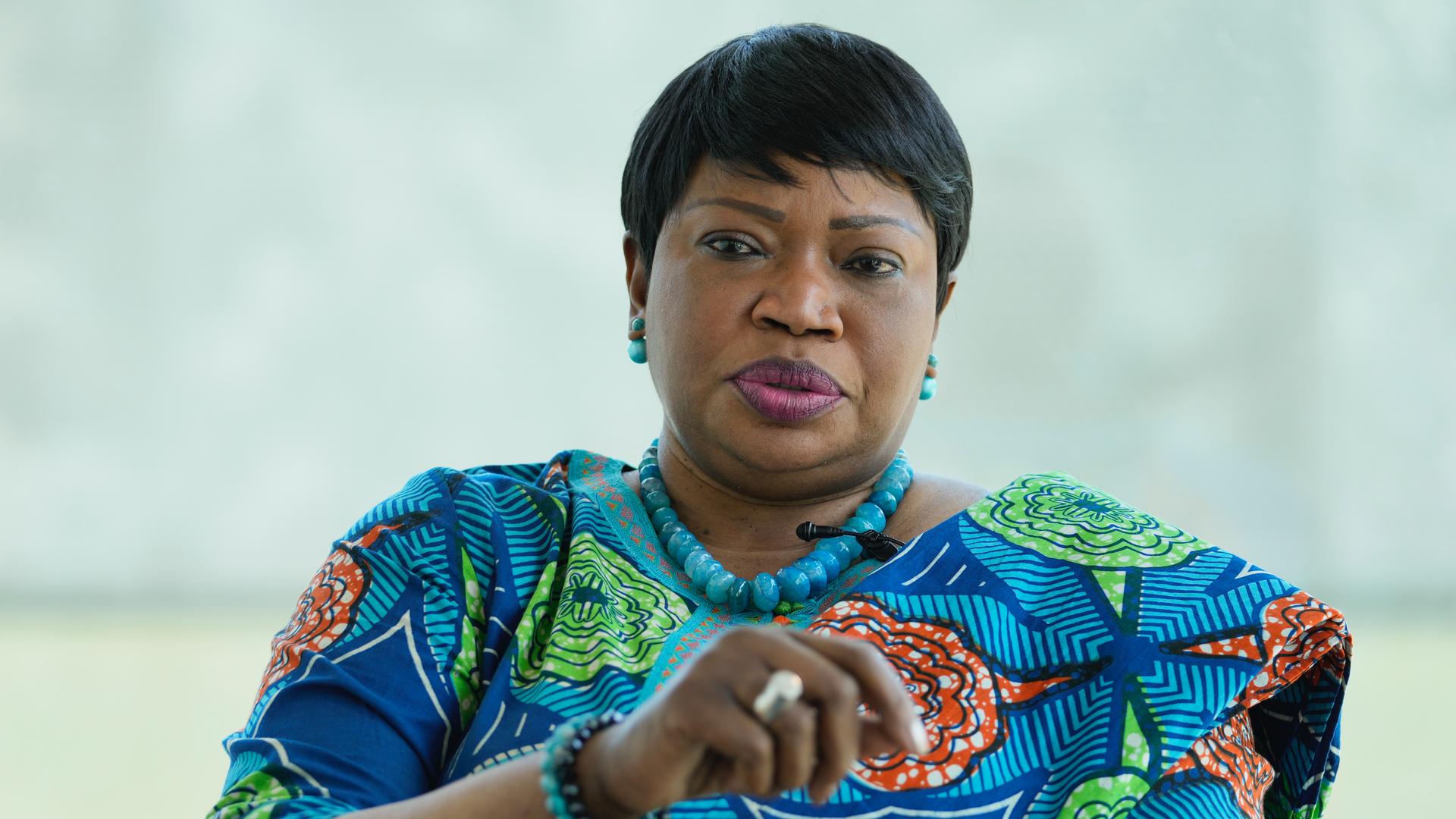Human rights activists hope international court will help end Duterte’s deadly war on drugs in the Philippines
The chief prosecutor of the International Criminal Court has taken a crucial step this week that may lead to an official investigation into the thousands of killings linked to Philippine President Rodrigo Duterte’s bloody, yearslong war on drugs.
On Monday, Fatou Bensouda announced that her office, through an over-two-year preliminary investigation, had found “a reasonable basis to believe” that crimes against humanity were committed between 2016 and 2019, when some 12,000 to 13,000 Filipinos were systematically killed by state security forces as part of Duterte’s anti-drugs campaign.
Related: Filipinos hesitant about getting COVID jab after dengue fever vaccine debacle
Bensouda said that she would seek authorization from the ICC to open an investigation into the killings. The International Criminal Court judges have 120 days to make a decision on Bensouda’s request to start an investigation.
Police in the Philippines say that more than 6,000 people have been killed during anti-drug operations since Duterte launched his all-out war on drugs in 2016. But rights groups say a lack of transparency means the number may even be three times higher.
Meanwhile, law enforcement is almost never held accountable for these deaths — only a handful of officers have been convicted of murder since the war on drugs began. And while Duterte has denied condoning these extrajudicial killings, he’s also insisted that victims resisted arrest.
Human rights activists praised Bensouda’s move as a long-awaited step toward justice.
Related: Duterte’s ‘weaponization of the law’ is a threat to democracy, says journalist Maria Ressa
Reverend Flavie Villanueva runs the Manila-based Arnold Janssen Kalinga Foundation, which, among other services, provides resources to drug war victim families.
Villanueva says he’s long talked with them about what it would mean if the ICC investigated, calling Monday’s announcement “a victory.”
“It’s something that we have struggled for and it’s a step closer to justice.”
“It’s something that we have struggled for and it’s a step closer to justice,” he said.
In response, Duterte spokesman Harry Roque on Tuesday called the move “legally erroneous” and an insult to the Philippine justice system.
“Obviously, this is intended to embarrass the president, but the president is a lawyer, he knows what the procedures are. They will fail,” Roque said. “The president has said that, if need be, he will argue the case personally before the International Criminal Court.”
Roque also said that the president will never cooperate with an investigation, because the Philippines is no longer part of the Rome Statute — the establishing treaty of the International Criminal Court.
Related: The Philippines is the deadliest country for environmental activists
Indeed, the Philippines did pull out of the court in 2018. Still, now-outgoing ICC prosecutor Bensouda says the ICC has jurisdiction over alleged crimes committed while the Philippines was still a member.
Carlos Conte with Human Rights Watch in the Philippines said there is hope “that this will contribute to the end of the drug war policy in the Philippines for now.”
Groups like his say that the drug war has done little to reduce drug use in the country or to take down high-level drug kingpins. Instead, they say, it has mostly targeted low-level pushers and users.
“This is definitely a very big boost to the human rights movement in the Philippines, something that is important to us and to the thousands of families of victims.”
“This is definitely a very big boost to the human rights movement in the Philippines, something that is important to us and to the thousands of families of victims,” Conte said.
Lawyers for victims’ families say that while Monday’s announcement is a big step toward justice, there’s still a long way to go. Meanwhile, Duterte’s war on drugs continues — even through the pandemic.
